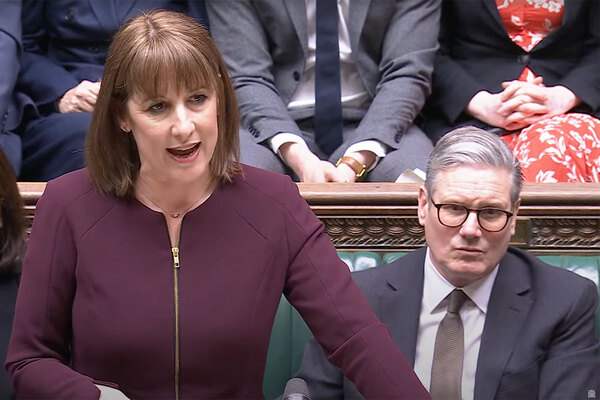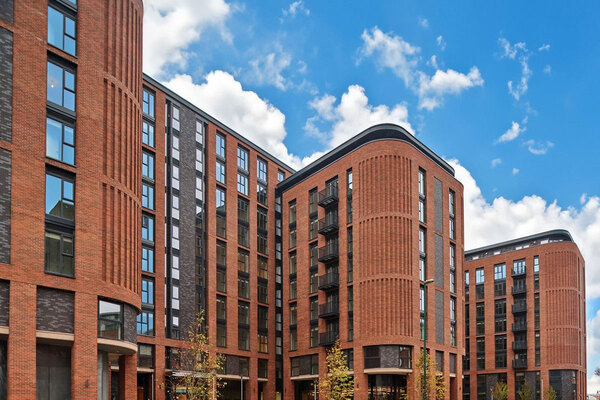
John Perry is a policy advisor at the Chartered Institute of Housing
The housing sector is right to feel anxious about tomorrow’s Budget
The government has indicated that its main focus with regard to housing policy is homeownership. The sector should be nervous about what this means for its spending priorities, writes John Perry
Tomorrow is Budget day – and the housing lobby is right to feel anxious about what it will reveal. Despite some increases in funding by the last government, the current Affordable Homes Programme is worth just £1.5bn a year. In real terms it’s only one third of what it was a decade ago. Surely this tiny sum can’t be squeezed any further?
The big worry is that the new government’s clear priority is promoting homeownership and that it hasn’t said much about investing in more rented homes. Does this mean that even more cash will go into supporting the private market even though it already gets such a huge slice of government funds?
At the end of March, the UK Housing Review 2020 will publish its annual assessment of all the support government provides for housing investment. It will show that three-quarters goes to the private market.
The big spending items are Help to Buy loans, which will total £22bn by next year, the Housing Infrastructure Fund (£5bn) and the Home Building Fund (over £4bn).
Adding everything together, the review counts up £53bn in support for the private market over five years compared with just £18bn for affordable housing.
But that isn’t the whole story. The review points out that government grant now contributes just 11% of average scheme costs. The sector is only able to produce over 50,000 new homes annually because it draws in other resources.
One of the biggest, providing nearly half the units, is developer contributions – and the majority of those provide social or affordable rented units. If a large part of this resource is diverted into a new First Homes scheme, as the government plans, it will be at the direct cost of producing genuinely affordable homes, especially ones to rent.
None of this needs to happen. In a first-ever comparison of England with the rest of the UK, the review shows that the balance of government support in Scotland and Wales is the other way round, with three-quarters going to affordable housing, and in Northern Ireland it is actually 100%.
So if the government wants to give even more help to first-time buyers, it should first look at redirecting the money it already spends. For example, in addition to the huge sums loaned through Help to Buy, it spends nearly £4bn in subsidising buyers’ deposits through the bonuses it pays to ISA savers. Wouldn’t it be better to invest this directly in bricks and mortar?
The sector’s trepidation is not only because possible raids on the affordable homes pot or on develop contributions. There are at least three other major concerns.
One is the resources demanded by the existing stock, which may need remedial work post Grenfell and will certainly require a huge retrofit programme to meet carbon reduction targets. The second is that providers have been trying to shift their output towards homes for social rent, prompted by the last government, but to do this they need more grant, not less. And third, there is the looming threat of a new Right to Buy programme, which could use up money to get it started and may well make it harder for the sector to raise private finance.
That’s why this Budget and the coming Spending Round are even more crucial than normal. The current Affordable Homes Programme comes to an end in a year’s time. The new government has promised only to “renew” the programme, not expand it. Even if the Budget doesn’t set longer-term spending plans, whatever it says about helping people onto the housing ladder, and how this will be funded, will be vital indications of its priorities.
Does the government recognise the scale of resources required to build homes for those who need to rent or only for those who can manage to buy?
The UK Housing Review 2020 will be available from March 25 at www.cih.org/thebookshop.
John Perry, senior policy advisor, Chartered Institute of Housing
Sign up for our daily newsletter
Already have an account? Click here to manage your newsletters












